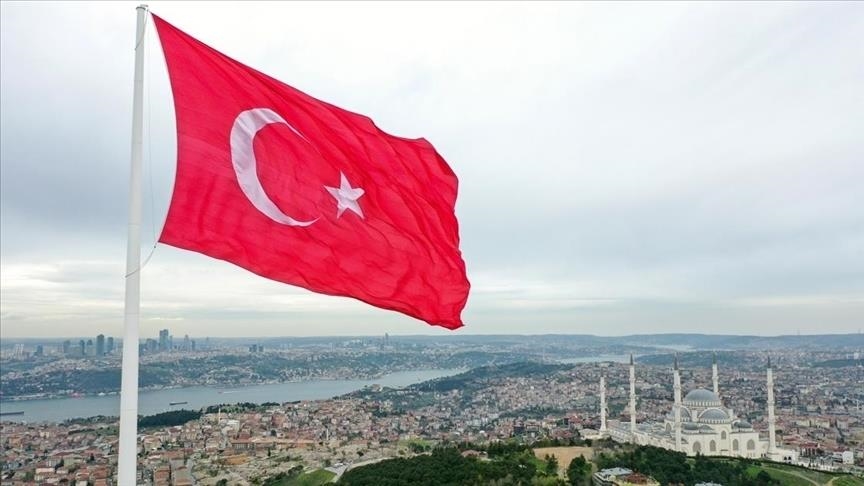

By Anadolu Agency
ISTANBUL
Türkiye ranked in the highest category in the UN Human Development Index for the third consecutive year, according to a new report published by UN Development Program (UNDP) on Thursday.
“Türkiye ranks 48th among 191 countries in this year’s edition of the Human Development Index (HDI),” the UNDP said in a press release on its 2022 edition of the report, titled “Uncertain Times, Unsettled Lives: Shaping our Future in a Transforming World.”
“This places Türkiye in the ‘very high human development’ category — the highest category in the ranking — for the third year in a row,” it added.
The statement also highlighted that, as was the case for almost all other countries in the world, Türkiye’s advancement in human development has stalled in recent years due to pandemic-driven setbacks and challenging global economic conditions.
Published since 1990, the HDI aims “to provide a fuller measure of human wellbeing than that afforded by financially focused indicators such as gross domestic product (GDP).” The index combines three key measures to calculate its findings: A long and healthy life, access to knowledge, and a decent standard of living.
“Türkiye has shown remarkable improvement over three decades: the country’s HDI value rose from 0.600 in 1990 to 0.838 in 2021, a 39.7 percent increase,” it added.
According to the statement, Türkiye has seen advances across all three dimensions of the HDI. “Life expectancy at birth increased by 8.3 years between 1990 and 2021; mean years of schooling increased by 4.2 years, and expected years of schooling increased by 9.3 years. And the country’s gross national income per capita surged by 139 percent in the same period.”
On inequality, the report said that Türkiye’s ranking dropped. “Overall men enjoy a higher level of human development than women, so when adjusted for gender equality, Türkiye’s ranking falls to 65th of 170 countries.”
9 of 10 nations face setbacks in human development
This year’s edition of the report “depicts a world lurching from crisis to crisis, too busy putting out fires to tackle the root causes of the troubles that confront it,” the UNDP said.
“Insecurity and polarization feed off each other, obstructing the solidarity needed to enact solutions. Among the study’s striking findings, one-third of the world’s people feel stressed and fewer than one-third trust others,” it added.
According to the report, for the first time, the UNDP announced a decline in global HDI for two years in a row.
“Human development has fallen back to 2016 levels, reversing much of the world’s progress towards the Sustainable Development Goals,” it added. “This reversal is nearly universal, as over 90 percent of countries registered a decline in their HDI score in either 2020 or 2021. More than 40 percent declined in both years, signaling a deepening crisis.”
The HDR urges the world countries to make “a sharp change of course” to prevent even more deprivations and injustices.
Citing UNDP Administrator Achim Steiner, the statement said: “The world is scrambling to respond to back-to-back crises.”
“We have seen with the cost-of-living and energy crises that, while it is tempting to focus on quick fixes like subsidizing fossil fuels, immediate relief tactics are delaying the long-term systemic changes we must make,” Steiner added.
The report also “recommends implementing policies that focus on investment — from renewable energy to preparedness for pandemics, and insurance — including social protection — to prepare our societies for the ups and downs of an uncertain world.”
“In a world defined by uncertainty, we need a renewed sense of global solidarity to tackle our interconnected, common challenges,” Steiner added. “We have a narrow window to re-boot our systems and secure a future built on decisive climate action and new opportunities for all.”
We use cookies on our website to give you a better experience, improve performance, and for analytics. For more information, please see our Cookie Policy By clicking “Accept” you agree to our use of cookies.
Read More